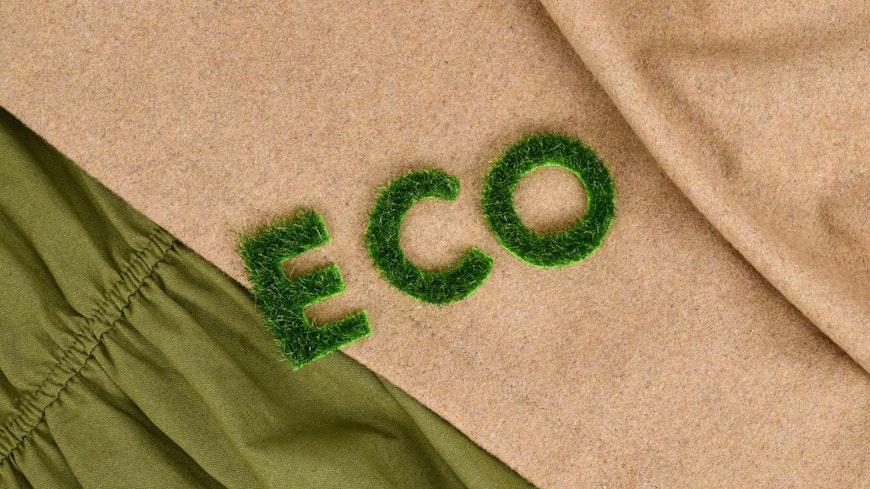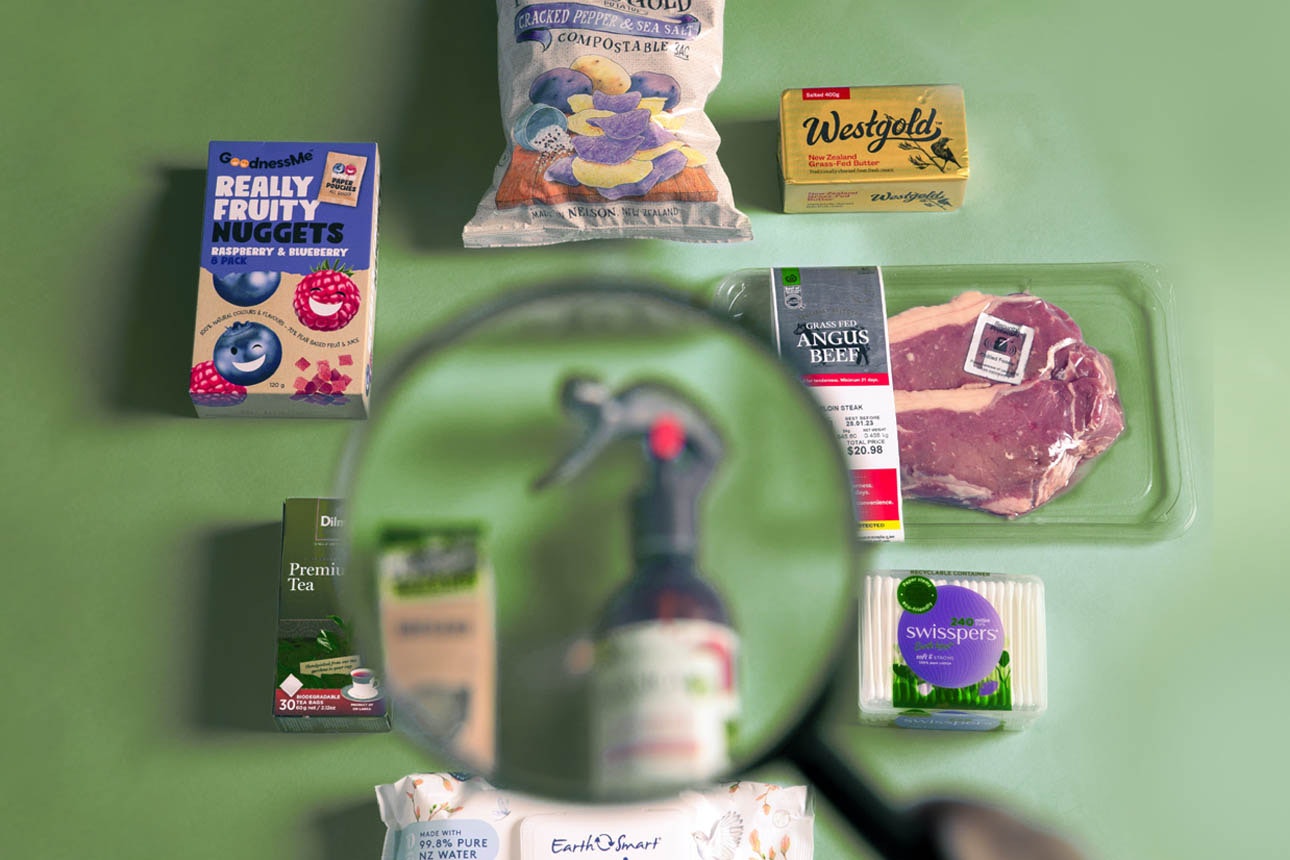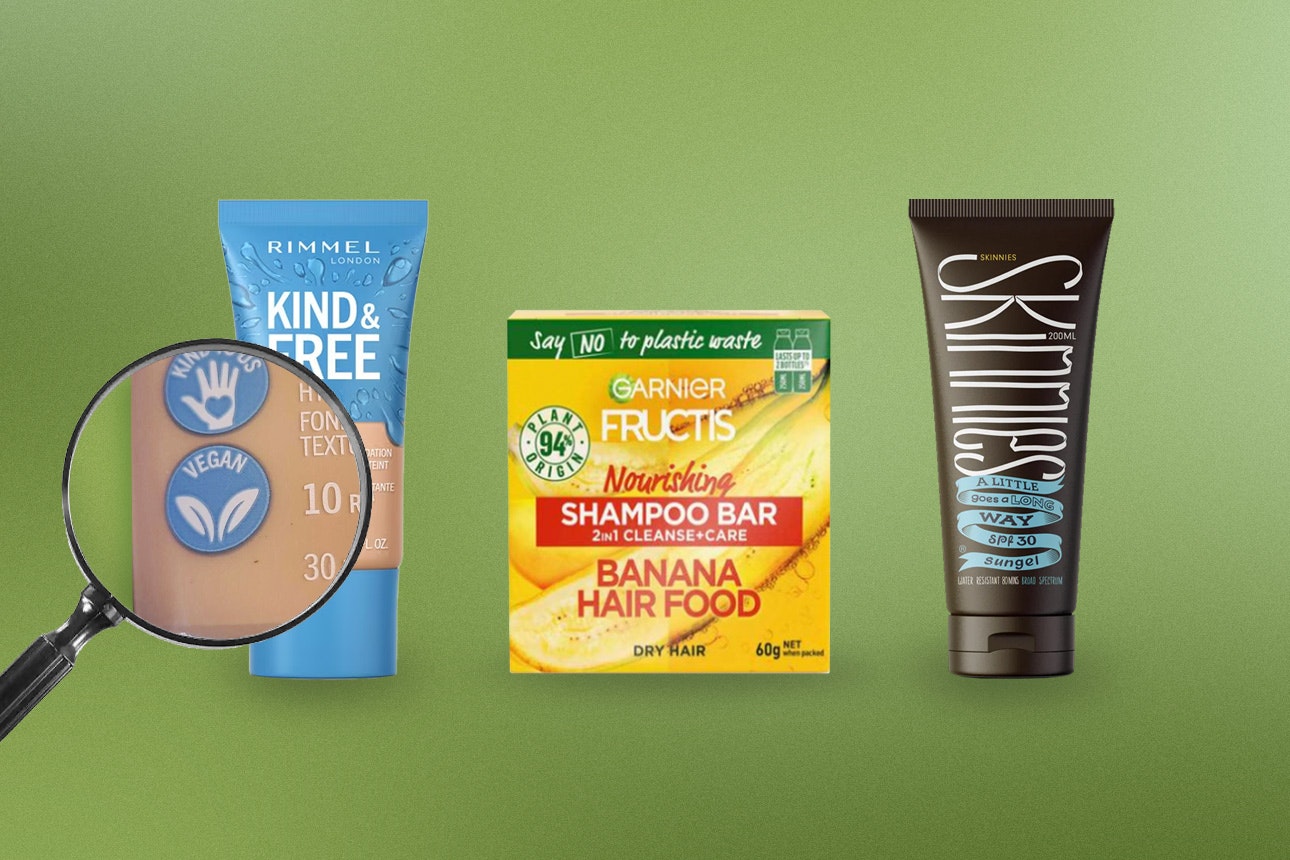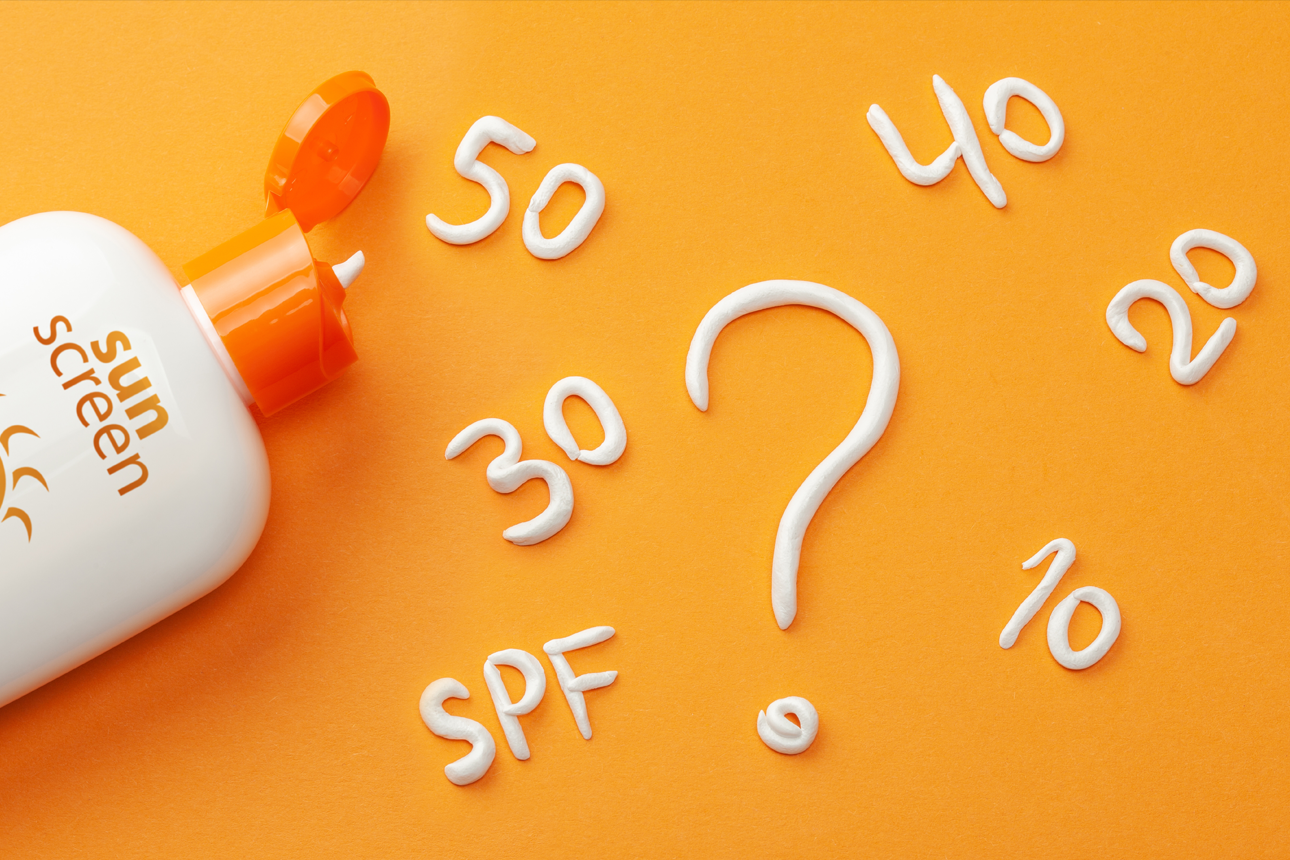
By Gemma Rasmussen
Head of Research and Advocacy | Tumuaki Rangahau, Taunakitanga
The EU is cracking down on greenwashing, having just approved a directive that aims to protect shoppers from misleading environmental claims. Businesses will no longer be able to use terms like “environmentally friendly”, “biodegradable” and “climate neutral” in advertising or on packaging without evidence to back those claims up.

The EU is also stamping out the ability for a business to claim that a product is climate neutral, has reduced climate impact or is climate positive because of emission offsetting schemes. Such claims have risen dramatically in popularity over the last 5 years as many businesses aim to present products that seemingly have little or no environmental impact, leaving shoppers to enjoy a guilt-free purchasing experience.
Certifications are also under the microscope, with environmentally friendly labels only allowed if they are based on official certification schemes or set up by public authorities.
This action against greenwashing comes off the back of a recent EU commission study that found half of all green claims are misleading, unsubstantiated, or vague and that nearly half of all eco-labels in the EU had shaky or flawed verification processes.
EU countries will have 2 years to roll out this legislation.
Meanwhile, in New Zealand, our stores continue to be awash with greenwashing. We analysed a basket of supermarket items and found no shortage of dubious claims, ranging from room sprays that are “nature-inspired” and “planet-conscious” to “biodegradable” tea bags that are unlikely to decompose in the backyard.
To date, there has not been a comprehensive study into greenwashing across industries in New Zealand, so it’s hard to pinpoint how bad the problem is. Based on overseas studies, the chances are there's a lot of greenwashing out there. The UK, EU and Australia have all commissioned studies to determine the extent of greenwashing.
Technically, we have a law that combats greenwashing – the Fair Trading Act (FTA). Under the FTA, you cannot mislead or deceive people about the things you sell. The Commerce Commission is responsible for policing false claims.
The Commission has also released Environmental Claims Guidelines. The guidelines are robust, clearly outlining how businesses must tell the truth, be specific, use plain language, and avoid exaggerating when it comes to green marketing. They’re intended to act as a reference point for businesses before any product or service enters the market.
The problem is many businesses either ignore or are unaware of the guidance. For businesses guilty of greenwashing, the risk of being prosecuted in New Zealand is relatively low. Whether greenwashing is intentional, lazy or down to incompetence is irrelevant. The result is the same – shoppers are unsure about what is truly green as they try to buy with the planet in mind.
With the latest announcements from the EU, New Zealand continues to fall further behind in the fight against greenwashing.

Help stop greenwashing in Aotearoa
We need your help to call out dodgy 'green’ claims.



